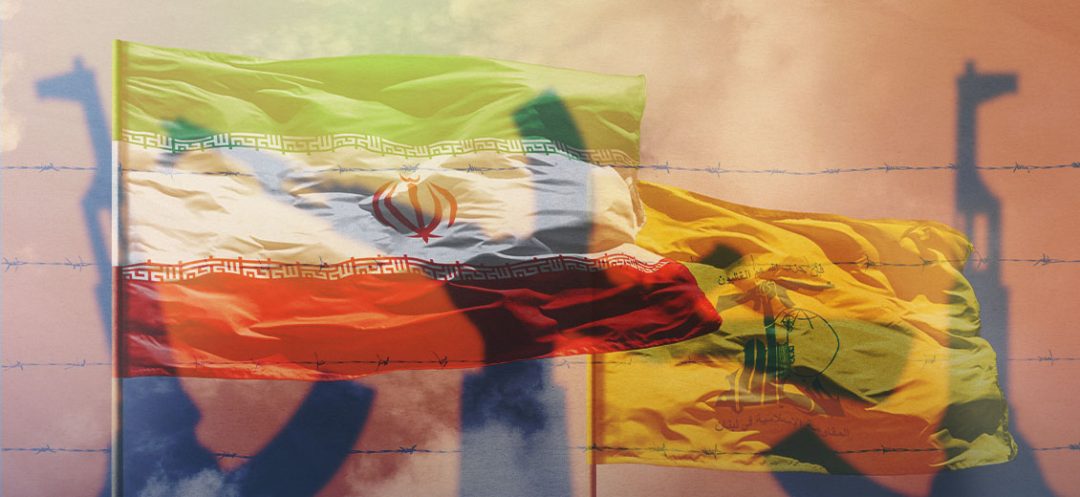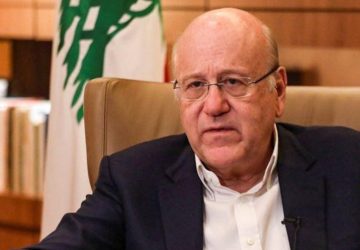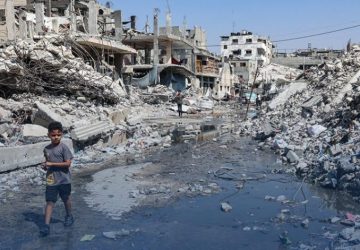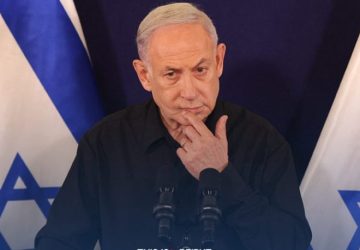Listen to the article
On his ninth visit to the region since the Al-Aqsa Flood operation and the subsequent war and massacres in Gaza, US Secretary of State Antony Blinken arrived in Israel on Sunday to deliver a message from the American administration to Prime Minister Benjamin Netanyahu.
US efforts to secure a ceasefire through the Doha and Cairo negotiations extend beyond Secretary Blinken’s visits. President Joe Biden has been actively involved, beefing up his ceasefire initiative for Gaza with several key actions such as Resolution 2735 on May 31, 2024. Ahead of the resumption of talks in Doha, Biden convened a meeting with top White House advisors, then dispatched his special envoy Amos Hochstein to Lebanon, CIA Director of the Central Intelligence Agency William Burns with a security delegation to Doha, and his Middle East advisor Brett McGurk to Cairo. Additionally, Biden bolstered US military presence with warships, aircraft carriers and F-22 fighter jets, while enhancing air capabilities with advanced warplanes. The aim is to deter Iran and Hezbollah—the so-called “Al-Moumanaa Axis”—from retaliating against Israel in response to the assassinations of Hamas Political Bureau Chief Ismail Haniyeh in Tehran, and Hezbollah military commander Fouad Shokr in Beirut’s southern suburbs, by threatening a strong Israeli response.
In addition to the increased American diplomatic and military presence in the region, the White House issued a statement on August 8, co-signed by President Joe Biden, Egyptian President Abdel Fattah al-Sisi and Qatari Emir Sheikh Tamim bin Hamad Al Thani, highlighting the urgent need to finalize a ceasefire agreement and release hostages and detainees. “With our teams we have developed a framework agreement that only requires minor adjustments. Time is running out, and we are ready, as mediators, to present a final proposal to bridge the gap. We have called on the parties to resume discussions on August 15,” the statement said.
In another significant move, a joint statement was released on August 2 by France, the United States, the United Kingdom, Germany and Italy, emphasizing full support for efforts to de-escalate tensions, achieve a ceasefire and secure the release of hostages and detainees in Gaza. It also endorsed the joint call by the US, Egypt and Qatar to resume negotiations. “There’s no more time to waste, and we affirm our support for defending Israel against Iranian aggression and attacks by Iran-backed terrorist groups. Moreover, we called on Iran to end its ongoing threats of military action against Israel and assessed the severe consequences for regional security if such an attack were to occur,” it said.
In light of recent developments, Lebanon had prepared a document outlining “rules for achieving sustainable stability,” which was delivered by its diplomatic missions to the governments of the countries where they are accredited. The US, France, the United Kingdom, Germany and Italy also coordinated their diplomatic efforts with the Americans and Egyptians to prevent war, enforce a ceasefire in Gaza and southern Lebanon and separate Lebanon’s crisis from the Gaza war. They stressed the need to address Lebanon’s presidential vacancy, independently of regional crises, to allow Lebanon to participate in negotiations for a settlement and ensure it is not excluded from these talks. Representing Lebanon is the exclusive responsibility of the President of the Republic, neither the Prime Minister nor the Speaker of Parliament. As stated in Article 49 of the Constitution, the President is “the head of State and a symbol of national unity,” and according to Article 52, is responsible for negotiating treaties.
According to diplomatic sources, Western messages to Lebanon included a warning, particularly directed at Hezbollah through Parliament Speaker Nabih Berri, urging Hezbollah to avoid exceeding the limits in retaliation for Shokr’s assassination. Instead, it emphasized the importance of focusing on political solutions to the conflict with Israel, irrespective of the outcomes of the ceasefire negotiations in Gaza. At the same time, US communications with Iran, conducted through meetings in Oman, stressed that Iran should refrain from retaliating to Haniyeh’s assassination, since Israel did not claim it, thus not constituting a breach of Iranian sovereignty.
An Arab official observes that all parties involved—Washington, Tehran, Tel Aviv, Hezbollah and Hamas—are perplexed and anxious, each for its own reasons. The US administration is against war during election time. Iran, which is negotiating with Biden’s team over nuclear issues, does not want to jeopardize the chances of Democratic presidential candidate Kamala Harris, whom it favors over Trump, hoping to negotiate a deal with her in the future. That is why Iran is delaying its response to Haniyeh’s slaying until after the US elections, while restraining Hezbollah.
This strategy aims to thwart Benjamin Netanyahu’s push for war, which would boost the chances of his ally, Republican candidate Donald Trump. Ultimately, the regional conflict reflects a clash between those seeking war to benefit Trump and those advocating for stability and a truce to support Harris’ presidential campaign.
Following the meetings in Doha, President Biden announced that “an agreement is now within reach, with only technical details left to finalize.” Meanwhile, diplomatic sources reveal that the Israeli military establishment has advised the political leadership to accept Biden’s proposal and relax their conditions.
As per the same sources, a solution in the region only hinges on Israel’s recognition of the Palestinian State, which is considered fundamental. Moreover, the sources highlighted Palestinian Authority President Mahmoud Abbas’ recent statement from Moscow, where he announced his initiative to visit Gaza.
Will war break out, or will the contained conflict continue? Will the “Al-Moumanaa Axis” postpone its response until after the US elections, provided that no unexpected incidents lead to a confrontation that would force the Biden administration to intervene forcefully to restore stability and enforce a truce?





